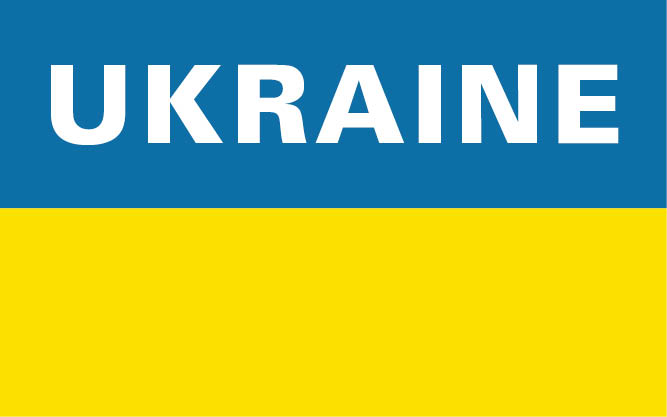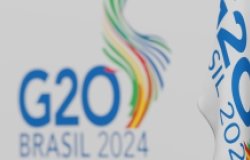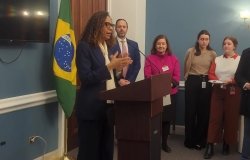
A blog of the Brazil Institute
What to Expect from Brazil's G20 Presidency
Brazil is taking over the G20 presidency for 2024. The Lula government says it is a "unique opportunity for the sustainable development agenda"
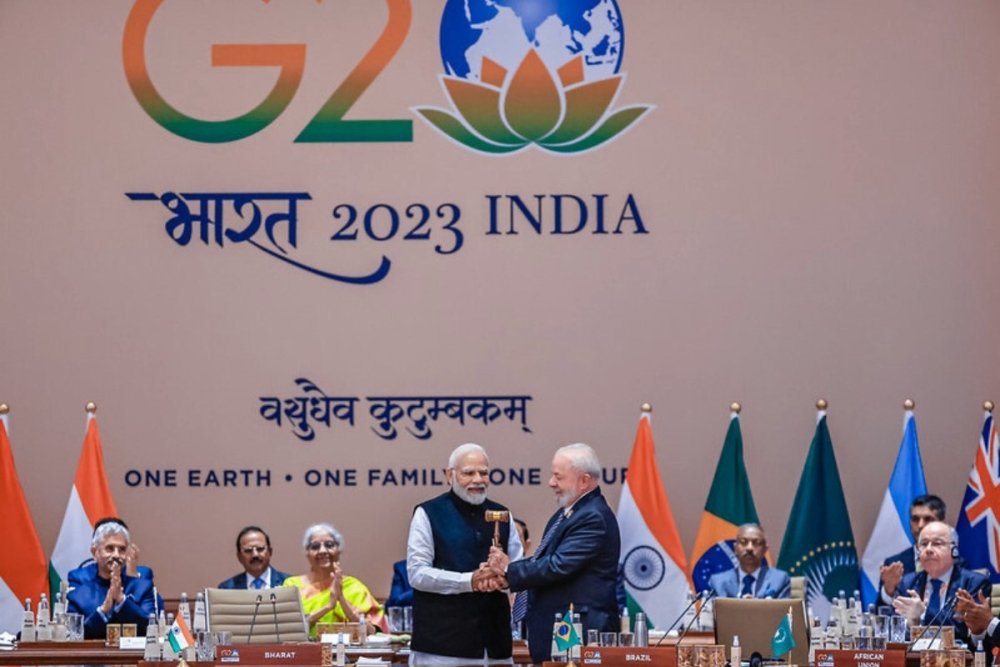
Ricardo Stuckert/PR
The stars have aligned to put the Brazilian government in the spotlight on the global stage. By the time President Luiz Inácio Lula da Silva finishes his term in 2026, Brazil will have held the rotating presidencies of the United Nations Security Council, the Mercosur trade alliance, the BRICS group of developing nations, and the Group of 20 (G20), as well as hosting the UN Climate Change Conference (COP) in late 2025. Brazil officially ;took over the G20 presidency on Friday, a task that will conclude with a summit in Rio de Janeiro in late 2024.
The G20 is the main forum for economic cooperation and dialogue among the world’s leading economies, although membership has not been updated to keep pace with their performance—according to the latest International Monetary Fund data on GDP, Australia and Argentina should be out, and Iran and Egypt in.
Brazil pushed back its BRICS leadership to 2025 to avoid accumulating both roles in the same year, a sign that it has big plans for both. Back in January, Finance Minister Fernando Haddad said the country had postponed its BRICS leadership "so that we can do a good job in every opportunity that presents itself."
The G20 currently consists of 19 countries (including all members of the G7) plus the European Union and the African Union. Including the latter two, the G20 represents about 85 percent of global GDP, 75 percent of global trade, and two-thirds of the world’s population.
Lula was an early enthusiast of the G20. In 2008, after a summit in Washington that marked the first time G20 leaders met at the level of heads of government, Lula said the meeting had been "historic" and that he was "satisfied and optimistic" about its results.
It's easy to see why. Celso Amorim, now Lula's top foreign policy adviser and then Brazil's foreign minister, also said in 2008 that the most important takeaway was that the G20 was replacing the G8 (which then included Russia) and that a "tectonic shift" was taking place in global geopolitics.
The growing importance of the G20 represented a shift toward what Lula calls a "benign multipolar system," in which countries such as Brazil would have a greater say.
While the G7 (which expelled Russia in 2014 over its annexation of Crimea) excludes developing countries, the G20 includes many of them, such as the founding members of the BRICS group.
Brazil’s partners in BRICS share this understanding. The latest BRICS declaration, issued at a summit in South Africa in August, states that the member countries “reaffirm the importance of the G20 to continue playing the role of the premier multilateral forum in the field of international economic and financial cooperation that comprises both developed and emerging markets and developing countries.”
An ambitious agenda
Founded in 1999 as a forum for finance ministers, the G20 first met at the level of heads of government in the wake of the 2008 Lehman Brothers crisis. Outgoing US President George W. Bush hosted what was ambitiously dubbed "Bretton Woods II."
The group’s agenda gradually expanded to include issues such as the war in Syria, the environment, women's empowerment, and health policies.
Brazil takes over the G20 presidency while the Inter-American Development Bank (which is headed by a Brazilian) is leading multilateral and regional development banks. The government says both things create a "unique opportunity for the sustainable development agenda."
During COP 28 in Dubai, the IDB announced its commitment to triple funding for projects that address climate change, to disburse with the aim of disbursing USD 150 billion over the next decade for projects that have a positive environmental impact.
Brazil also has big plans for its G20 presidency in 2024. A handbook issued by the Foreign Ministry says the country expects to hold more than 100 meetings in cities in all of its five regions.
Federal officials have emphasized to The Brazilian Report that the government plans to hold meetings throughout the country, not just in Rio de Janeiro—a traditional venue for global meetings in Brazil.
Rio will host the summit of heads of state and government that concludes the G20 presidency, but ministerial and other lower-level officials will meet in other parts of the country throughout the year. But that hasn't stopped Rio de Janeiro's mayor, Eduardo Paes, from calling his city “the G20 capital.”
In line with his previous speeches in international fora since his first stint as president (2003-2010), Lula pledged to launch a global alliance against hunger during the G20 presidency.
Brazil’s agenda for the G20 includes priority issues for the Lula administration, namely:
- The fight against hunger, poverty, and inequality;
- The three dimensions of sustainable development (economic, social, and environmental);
- Reform of the global governance system.
The G20 agenda is traditionally organized into two “tracks,” the Finance Track and the Sherpa Track. The former is led by finance ministers and central bank governors, while the latter is led by “sherpas”—guides personally appointed by G20 leaders.
The Sherpa Track consists of 15 working groups, two more than during India’s presidency. Brazil added a group on women's empowerment and moved research and innovation to a group of its own. Brazil’s sherpa for the current G20 is Mauricio Carvalho Lyrio, the secretary for economic and financial affairs at the Foreign Affairs Ministry.
Brazil's Finance Track coordinator is Tatiana Rosito, also a career diplomat, currently serving as secretary of international affairs in the Finance Ministry. One of the track's working groups focuses on international financial architecture, an important issue for the Lula administration. During the recent BRICS summit in Johannesburg, Lula was the only one of the five main leaders to call for a common currency for trade among its members in his speech.
Reducing dependence on the US dollar has been a major talking point for Lula. As The Brazilian Report revealed, records of a meeting between Russia’s Sberbank and leaders of Brazil’s top public banks show that a Brazilian federal agency will use a Russian ruble account in upcoming deals, while Sberbank will use an account in Chinese yuan.
Finally, Brazil’s presidency added the G20 Social, announced as a “space for participation and contribution of civil society in discussions and policy formulation related to the Summit.” Think tanks, NGOs, startups, and courts, among others, will be invited to attend.
The final G20 summit in Rio will take place on November 18–19, 2024, just after the US presidential election—by which time Joe Biden will either be a lame duck or recently re-elected. Given that Mr. Biden and Lula are close on many issues, the outcome of the summit will also depend on the outcome of the election.
This text is part of G20 Dialogues, a project of the Brazil Institute at the Woodrow Wilson Center in partnership with The Brazilian Report. Through live broadcasts, articles, and events, we will analyze Brazil's challenges and actions at the helm of the G20.

The Brazilian Report
Like the content? Subscribe to the Brazilian Report using the discount code BRG20 to get 20% off any annual plan.
About the Author
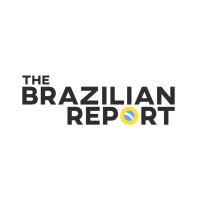
The Brazilian Report
Read More
Brazil Institute
The Brazil Institute—the only country-specific policy institution focused on Brazil in Washington—aims to deepen understanding of Brazil’s complex landscape and strengthen relations between Brazilian and U.S. institutions across all sectors. Our mission is to provide thoughtful leadership and innovative ideas to help democracies evolve and enhance their capacity to deliver results. We achieve this by producing independent research and programs that bridge the gap between scholarship and policy, while serving as a hub for policymakers, scholars, and private sector leaders. Read more
